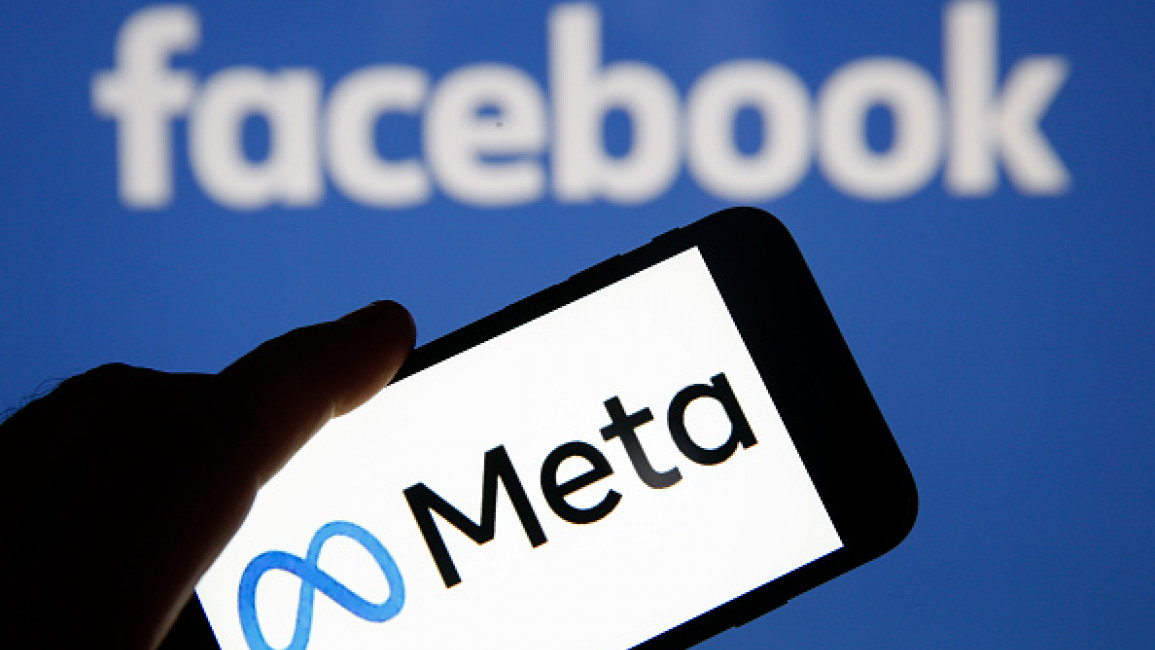US senator Elizabeth Warren questions Mark Zuckerberg's Meta over censorship of pro-Palestinian posts, groups
US Senator Elizabeth Warren is asking Facebook and Instagram for more transparency on the details of its content moderation related to Israel's war in Gaza, expressing concerns over discrimination, exacerbated violence and the failure to address hate speech.
"News organisations have reported several instances of Instagram censoring or mistranslating Palestinian and Palestine-related content following Hamas's deadly 7 October attacks. Instagram reportedly labelled the Palestinian flag emoji as 'potentially offensive,' causing comments containing the emoji to be hidden from view," Warren wrote in her letter to Meta's CEO Mark Zuckerberg, which referenced reporting on the issue by major news outlets and by civil society.
"The platform also translated user bios that contained the Palestinian flag emoji and the words 'Palestinian' and 'Alhamdulilah' (Arabic for 'praise be to God') as 'Palestinian terrorist" or 'praise be to God, Palestinian terrorists are fighting for their freedom,'" the letter reads.
Since the start of Israel's war in Gaza, social media users have been reporting unusual moderation of their posts, ranging from mistranslations characterising common expressions as offensive to the deletion of their posts to the suspension of users over nonviolent statements.
Those affected by these practices have had little to no recourse, even though independent investigations in the past during periods of upheaval in the region revealed discriminatory practices.
Warren suggested discriminatory practices by the social media giant and demanded answers and a change in social media policy. In her letter, she requests that Meta respond to her questions by 5 January 2024.
"Reports of Meta's suppression of Palestinian voices raise serious questions about Meta's content moderation practices and anti-discrimination protections," the senator wrote. "Social media users deserve to know when and why their accounts and posts are restricted, particularly on the largest platforms where vital information-sharing occurs."


![President Pezeshkian has denounced Israel's attacks on Lebanon [Getty]](/sites/default/files/styles/image_684x385/public/2173482924.jpeg?h=a5f2f23a&itok=q3evVtko)



 Follow the Middle East's top stories in English at The New Arab on Google News
Follow the Middle East's top stories in English at The New Arab on Google News


